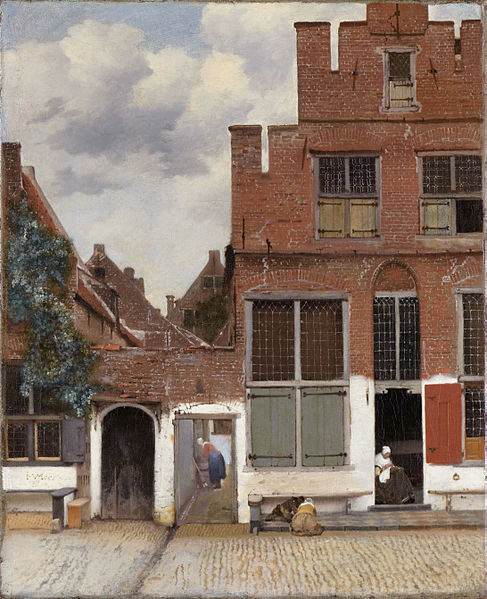When I got back to my house I went straight to my Greek classics. Let God’s will be done, I said. I’m going to reread the Greeks. Respecting the tradition, I started with Homer, then moved on to Thales of Miletus, Xenophanes of Colophon, Alcmaeon of Croton, Zeno of Elea (wonderful), and then a pro-Allende general was killed, and Chile restored diplomatic relations with Cuba and the national census recorded a total of 8,884,746 Chileans and the first episodes of the soap opera The Right to be Born were broadcast on television, and I read Tyrtaios of Sparta and Archilochos of Paros and Solon of Athens and Hipponax of Ephesos and Stesichoros of Himnera and Sappho of Mytilene and Anakreon of Teos and Pindar of Thebes (one of my favorites), and the government nationalized the copper mines and then the nitrate and steel industries and Pablo Neruda won the Nobel Prize and Díaz Casanueva won the National Literature Prize and Fidel Castro came on a visit and many people thought he would stay and live in Chile forever and Pérez Zujovic the Christian Democrat ex-minister was killed and Lafourcade published White Dove and I gave it a good review, you might say I hailed it in glowing terms, although deep down I knew it wasn't much of a book, and the first anti-Allende march was organized, with people banging pots and pans, and I read Aeschylus and Sophocles and Euripides, all the tragedies, and Alkaios of Mytilene and Aesop and Hesiod and Herodotus (a titan among authors), and in Chile there were shortages and inflation and black marketeering and long lines for food and Farewell's estate was expropriated in the Land Reform along with many others and the Bureau of Women’s Affairs was set up and Allende went to Mexico and visited the seat of the United Nations in New York and there were terrorist attacks and I read Thucydides, the long wars of Thucydides, the rivers and plains, the winds and the plateaus that traverse the time-darkened pages of Thucydides, and the men he describes, the warriors with their arms, and the civilians, harvesting grapes, or looking from a mountainside at the distant horizon, the horizon where I was just one among millions of beings still to be born, the far-off horizon Thucydides glimpsed and me there trembling indistinguishably, and I also reread Demosthenes and Menander and Aristotle and Plato (whom one cannot read too often), and there were strikes and the colonel of a tank regiment tried to mount a coup, and a cameraman recorded his own death on film, and then Allende’s naval aide-de-camp was assassinated and there were riots, swearing, Chileans blaspheming, painting on walls, and then nearly half a million people marched in support of Allende, and then came the coup d’état, the putsch, the military uprising, the bombing of La Moneda and when the bombing was finished, the president committed suicide and that put an end to it all. I sat there in silence, a finger between the pages to mark my place, and I thought: Peace at last.
-- Roberto Bolaño, By Night in Chile, New Directions, 2003.
June 28, 2013
June 14, 2013
Johannes Vermeer, "Little Street in Delft"

-- Johannes Vermeer, "Little Street in Delft,"oil on canvas, 21.4 in × 17 in, 1657-1658.
June 4, 2013
Ted Kooser, "Flying at Night"
Above us, stars. Beneath us, constellations.
Five billion miles away, a galaxy dies
like a snowflake falling on water. Below us,
some farmer, feeling the chill of that distant death,
snaps on his yard light, drawing his sheds and barn
back into the little system of his care.
All night, the cities, like shimmering novas,
tug with bright streets at lonely lights like
his.
-- Ted Kooser, "Flying at Night," Flying at Night: Poems 1965-1985, University of Pittsburgh Press, 1980.
Subscribe to:
Posts (Atom)